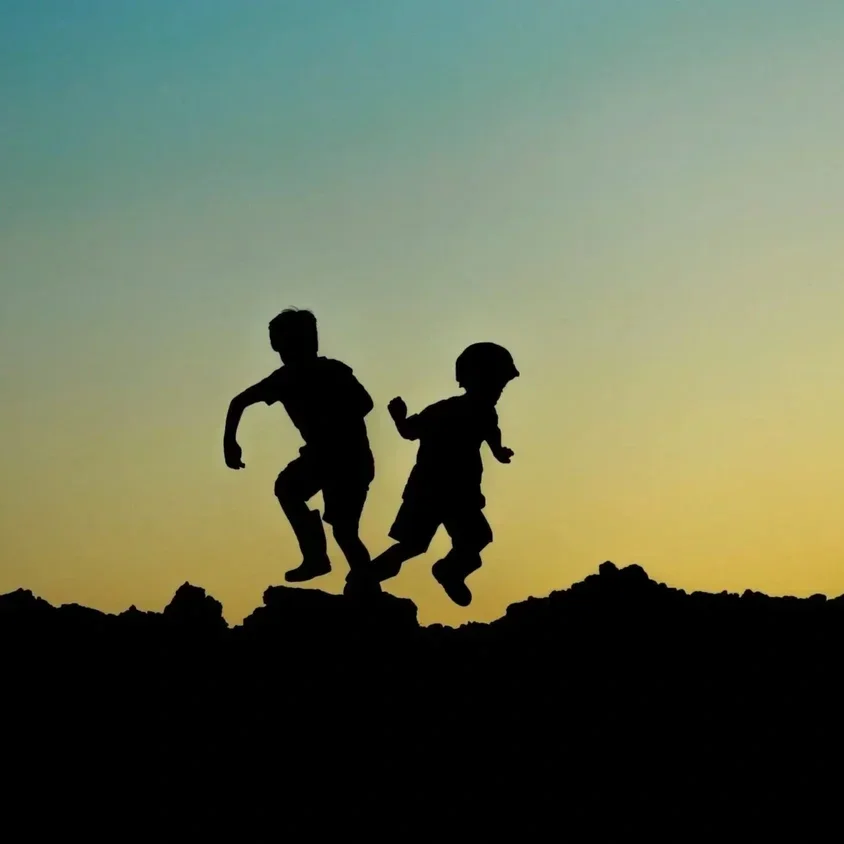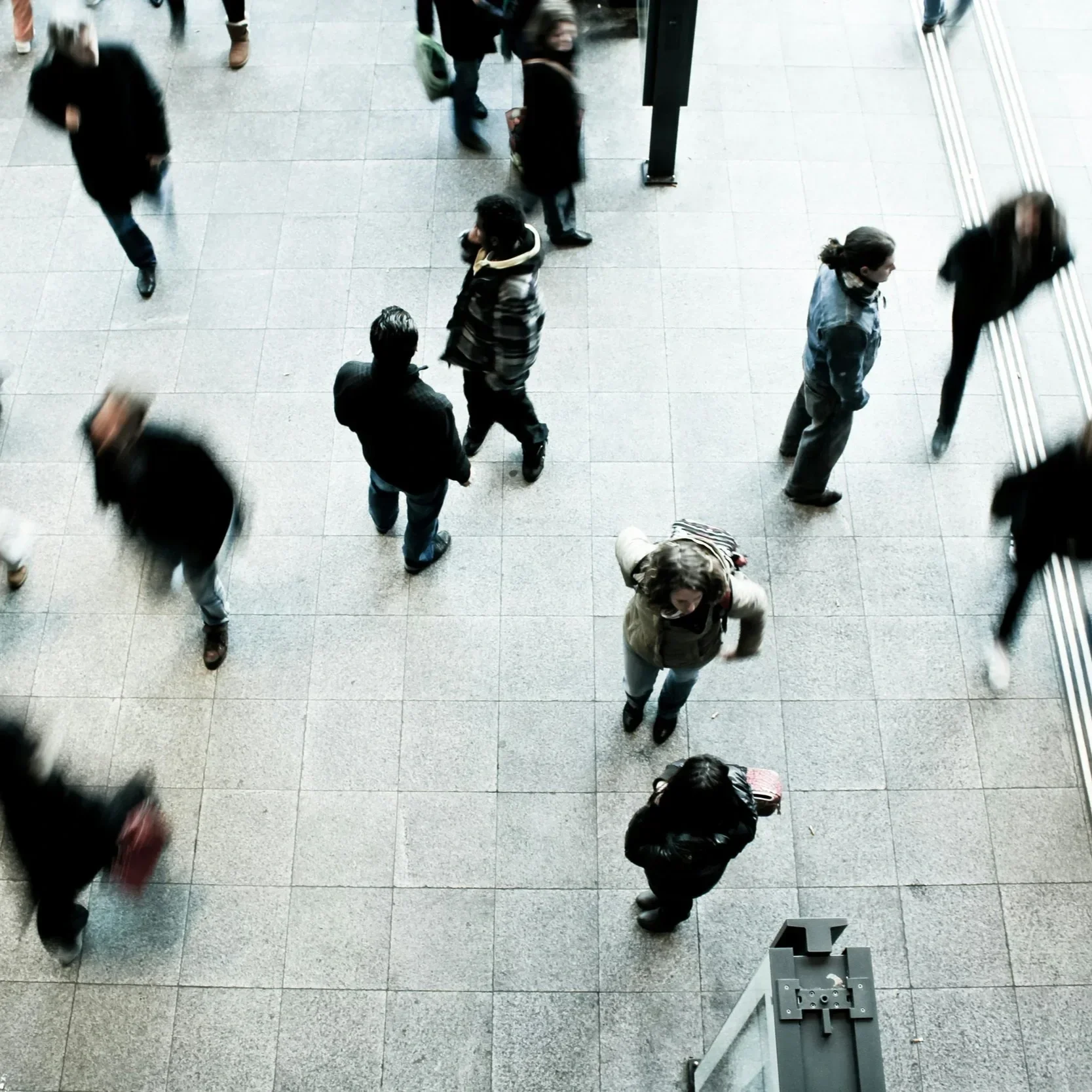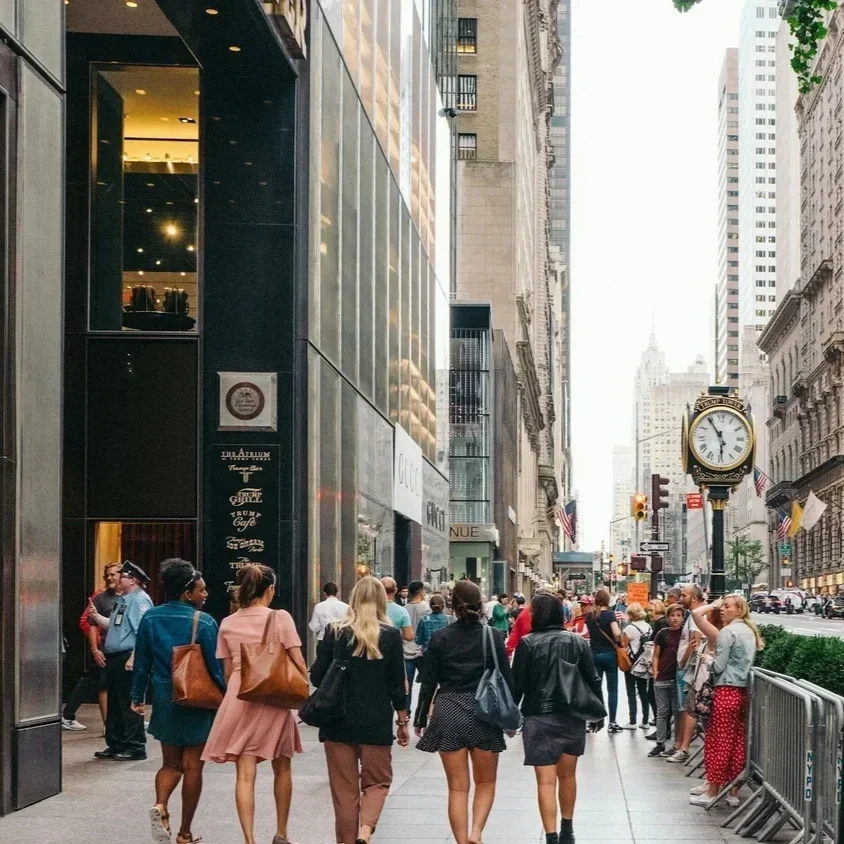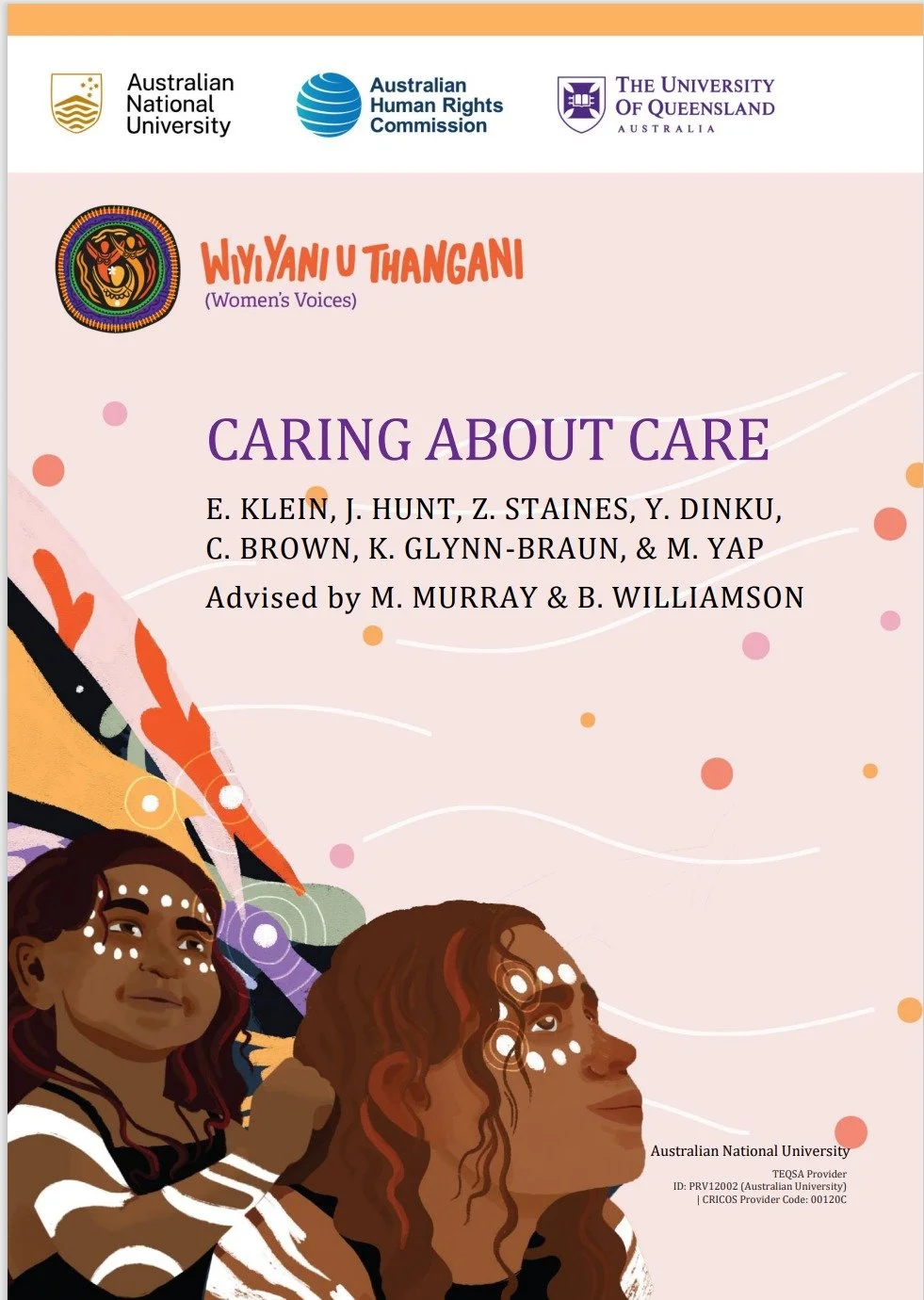This week's posts are being sourced by the Life Course Centre (@lifecourseAust) to continue the conversation on social and economic disadvantage as part of Anti-Poverty Week 2025 (@AntiPovertyWeek). Gender inequality extends beyond income and employment into the structures of everyday life. Unequal relationships and domestic expectations can limit women’s autonomy, financial independence and heighten their vulnerability to poor wellbeing and mental health. PhD student Alysha Gray from The University of Queensland and the Life Course Centre explains.
Read MoreBernadette Black AM, CEO and Founder of SEED Futures, shares her deeply personal journey from teenage motherhood to national systems change advocate. Reflecting on the transformative impact of one woman’s care and belief in her, she makes a powerful case for reimagining the way Australia supports families in their earliest, most vulnerable days. With warmth and urgency, Black argues that kindness must not depend on chance—it must be built into the system. Through SEED Futures and the Incremental Reform Catalogue, she offers a clear, practical path to make that vision real.
Read MoreEvery young person has a right to evidence-based education to support their sexual health and wellbeing. But Australian schools continue to skirt around the S-E-X word, preach abstinence or throw some bananas and condoms in the break room and hope for the best. As Brianna Delahunty and Linnea Burton Smith from the ERA’s Young Women’s Advisory Group argue, Australians deserve inclusive, safe and respectful education that prepares them for the real world and real relationships.
Read MoreThe World Bank reports that nearly 2.4 billion women globally do not have the same economic rights as men. Women are more likely to be impoverished than men, and these disparities are more pronounced in countries in the Global South. Even though international policies have been developed to promote gender equality, their impact is uneven. In today’s piece, Hilda Aboagyewaa Agyekum, PhD candidate at the Crawford School of Public Policy, ANU, examines the influence of culture and context on the interpretation and implementation of gender policies, drawing on examples from Africa.
Read MoreLGBTIQA+ people are more likely to experience marginalisation, stigma, social exclusion, abuse, and violence than the wider community. Philippa Moss, CEO of ACT-based LGBTIQA+ peer-led health service Meridian, and Alison Barclay, researcher and social impact consultant, explain how peer-led services are helping to address this gap, and what more needs to be done.
Read MoreMarisa Lo Bartolo (LinkedIn), from Good Shepherd (@GoodShepANZ) reflects on the recent Australian Domestic, Family and Sexual Violence Recovery and Healing Conference in Wollongong. Marisa is a Policy and Advocacy Advisor, and has a particular interest in the primary prevention of gender based violence, trauma recovery, and issues faced by LGBTIQA+ communities.
Read MoreVictoria recognised forced marriage as a form of family violence 4 years ago, however there’s been no examination or reporting regarding its impact. Dr Siru Tan, Lecturer, Criminology, Monash Gender and Family Violence Prevention Centre, explores what can be done to increase opportunities for support. This article was originally published in Monash Lens.
Read More




















